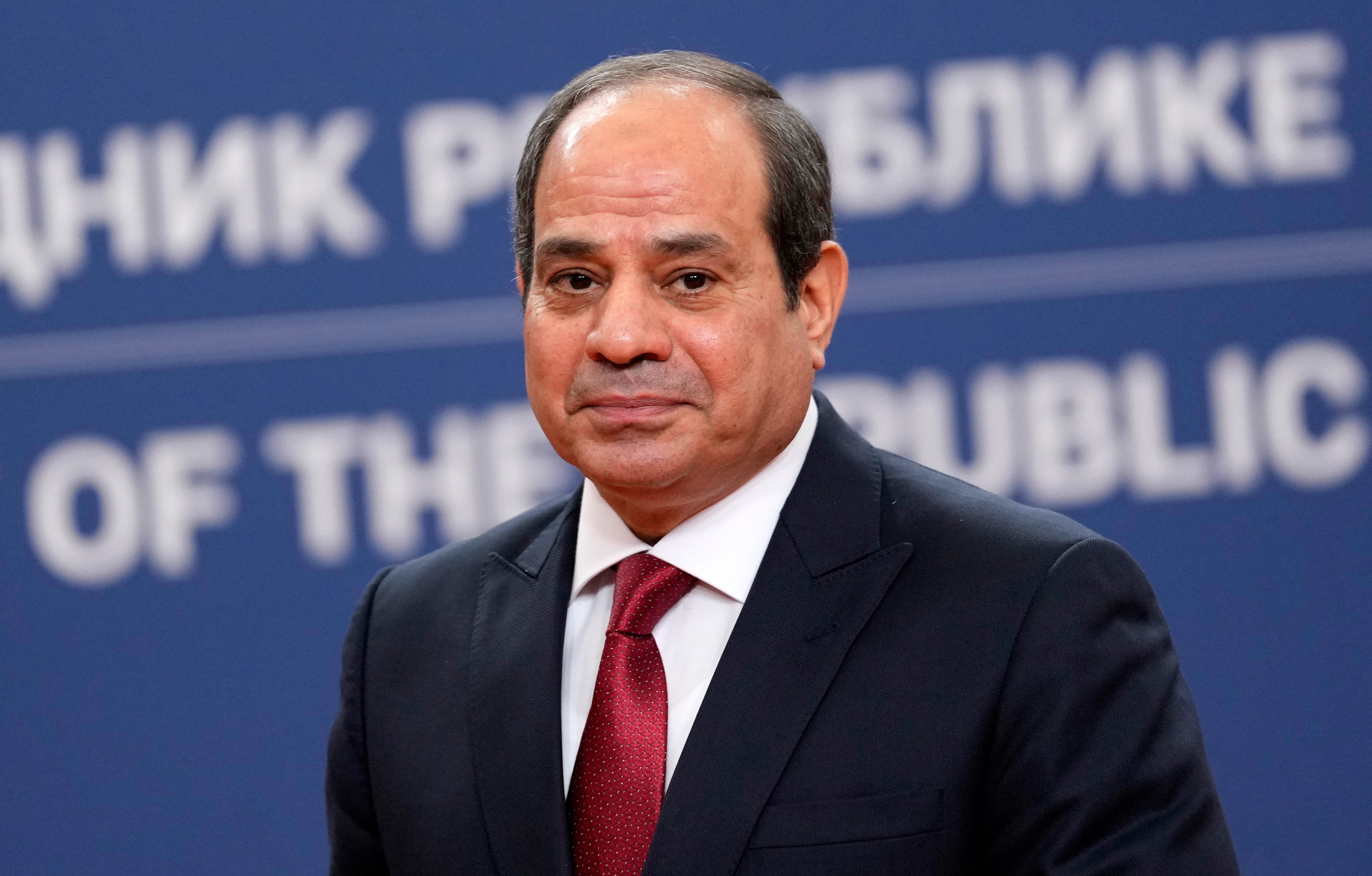Senator's human rights objections block some US aid to Egypt
A veteran senator's objections over Egypt's human rights record have trimmed a symbolically significant $75 million off annual U.S. military aid to that country

Your support helps us to tell the story
From reproductive rights to climate change to Big Tech, The Independent is on the ground when the story is developing. Whether it's investigating the financials of Elon Musk's pro-Trump PAC or producing our latest documentary, 'The A Word', which shines a light on the American women fighting for reproductive rights, we know how important it is to parse out the facts from the messaging.
At such a critical moment in US history, we need reporters on the ground. Your donation allows us to keep sending journalists to speak to both sides of the story.
The Independent is trusted by Americans across the entire political spectrum. And unlike many other quality news outlets, we choose not to lock Americans out of our reporting and analysis with paywalls. We believe quality journalism should be available to everyone, paid for by those who can afford it.
Your support makes all the difference.A veteran senator's objections over Egypt's human rights record, including its holding of an estimated 60,000 political prisoners, have compelled the Biden administration to trim a symbolically significant $75 million off its planned annual military aid to that country.
Senate Appropriations Chairman Patrick Leahy, the senator responsible, said in a statement Monday it was important that U.S. administrations not allow other policy interests to override congressionally mandated attention to Egypt's poor human rights record, “because the situation facing political prisoners in Egypt is deplorable.”
The U.S. gives more than $1 billion in military aid annually to Egypt, which it views as a regionally important ally to the U.S. and Israel. That's despite President Abdel Fattah el-Sisi's record on human rights, including what rights groups say is the killing, imprisonment and torture of critics of the Egyptian government.
Congress in recent years has made the U.S. payment of $300 million of that aid contingent on Egypt's government showing progress on rights, although the State Department can and often does overrule that requirement. Congress’s conditioning of some of Egypt’s security aid makes for an annual public test of U.S. administrations' balancing of strategic interests and human rights.
The Biden administration said last month it planned to give a portion, $170 million, of that $300 million. It cited Egypt's release of 500 political prisoners. Rights advocates, and family members of imprisoned activists, called Egypt's releases a token.
Leahy objected to the administration's decision, urging State to either clarify its standards on the matter or give the money as scholarships to Egyptian students or as military aid to Ukraine, Leahy spokesman David Carle said. The funding remained at an impasse until it hit a Sept. 30 spending deadline, and expired.
Egyptian news organization Mada Masr first reported the partial block of funding by a senator it did not identify. Reuters first reported it was Leahy.
In a statement Monday, the State Department said “we will continue to consult closely with Congress as we engage on human rights with the Egyptian government and seek tangible steps to address the concerns shared by the administration and the Congress.”